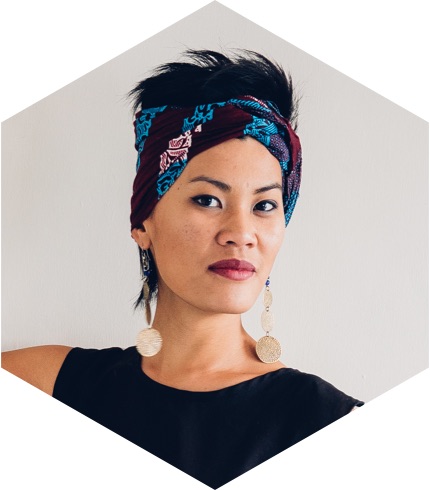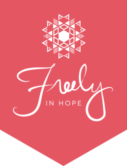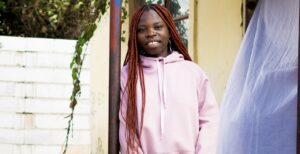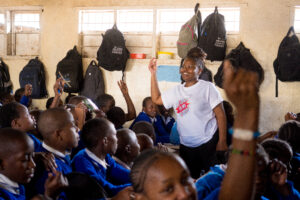Since April is Sexual Assault Awareness Month, we have been opening up dialogue on issues of sexual violence and how we can combat it as leaders.
Even though we are unable to implement programs within schools due to COVID-19, we have been equipping our communities with resources as we adapt and learn from each other.
Phoeby Musonda (Zambia) and Trizah Waiyaki (Kenya), FIH’s Operations and Development Leaders, and Nikole Lim, our International Director, have given insight into what it means to create community from a distance.
What have you found hope in this time of global crisis?
We have found hope within the solidarity and commitment of our FIH community, throughout our offices in Zambia, Kenya, and the United States. There is such beauty that has come out of this brokenness, and we have found compassion and love for each other despite the pain. We are now connecting in ways that we never have been before.
What are some of the hard places you have encountered in this work?
Beyond the fear of COVID-19, we are aware of the violence and vulnerability that it perpetuates. Businesses within the community have been greatly affected, so our scholars are pressured to find work and are vulnerable to work such as prostitution. This crisis has had a serious impact on our staff and scholars, and we have been finding ways to offer additional support. Some of our scholars are staying in a safe hostel as we strategize how to keep them safe from abuse within their homes. We are monitoring the situations carefully and supporting our scholars through academics, essential products, and food baskets, which gives them the ability to focus on their studies. We are also working on hosting weekly academic gatherings with a private tutor and having our social worker and therapist make calls to facilitate multiple touch points throughout the week.
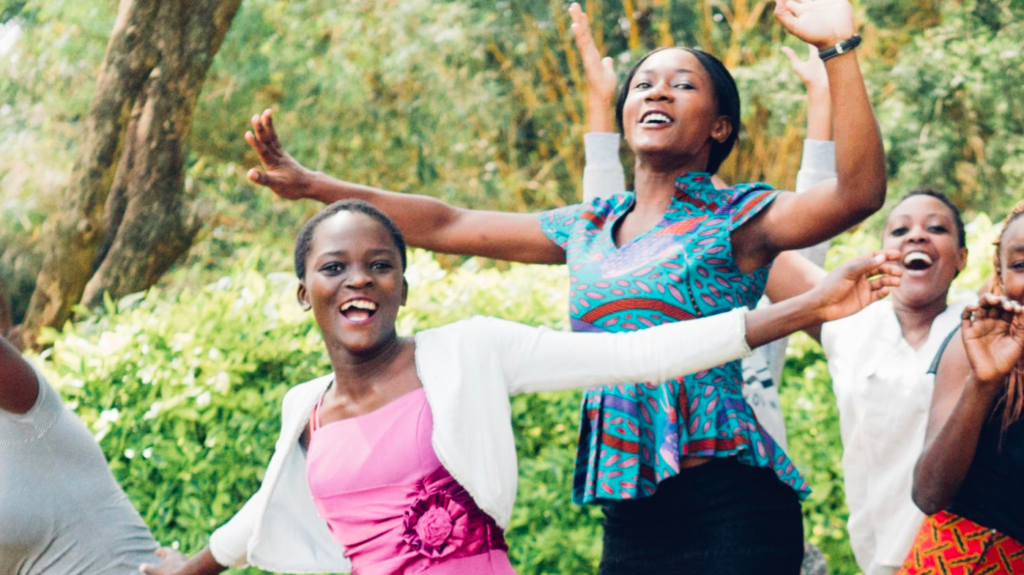
How has the COVID-19 crisis caused xenophobia, and how have you been able to combat fear?
The lack of credible information within our communities has perpetuated xenophobia and stigma against Asians and anyone who is not African, and there has been a surge of hate crimes against those groups. We have been constantly circulating information regarding confirmed and suspected cases in order to educate and inform our work.
Because isolation perpetuates fear, our community is staying connected now more than ever. We are encouraging each other on a daily basis. Continuous commitment to our work is necessary, because violence is escalated as a result of fear around the virus. Our leadership is learning how to balance urgency with caution in our decision-making, and to also find compassion for ourselves as none of us have been in this situation before.
During this pandemic, how can we hold grace so that we can extend grace to others?
Daily prayer and meditation are effective ways to stay grounded and calm during crises. It is also important to stay connected to those around you, being authentic about how you are feeling, despite the fear of judgement or vulnerability. Find your safe space. Share your thoughts and emotions with the people you trust and who will pour into your life.
What are some of the extra measures being taken to support your teams?
In Kenya, we have been intentional in providing means for food, public transport, and access to wifi; we also facilitate daily devotionals where we support one another emotionally and spiritually. In Zambia, we have continued to hold meetings and offer meaningful support as we pour into the community. Especially as anxiety is at a climax, we are conducting global staff calls where we come together in prayer, and discuss how we can implement emerging solutions to the constant changes on the field. We recognize that wisdom is within the team and that collaborative efforts are crucial.
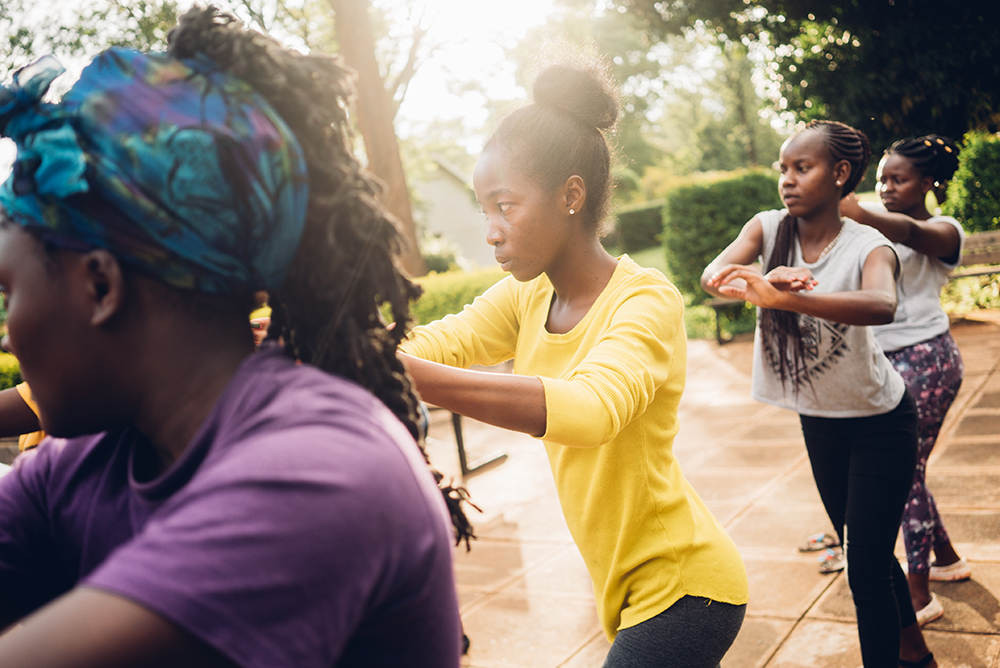
How do you practice non-anxious leadership in times of stress?
Practicing non-anxious presence in our leadership is so important. We must redefine what justice looks like in order to not lose sight of the ultimate goal. Our community of survivors and advocates are amazing, and when you lean on their resilience, you are reminded to have hope and to not allow anxiety to influence your decisions. In the midst of chaos, we use that hope as an anchor.
Which practices are you implementing as a result of COVID-19 that you will be continuing after this crisis is over?
We will continue implementing daily touchpoints with the team, and daily personal meditation. It has been wonderful to connect with the team in new ways, especially as this has been such a time of intentional learning and adaptation.
How can FIH’s supporters be helpful in this crisis?
In addition to food baskets, we are conducting a health and sanitation training for our scholars and providing hygiene and sanitation products; this comes out to $50 per student, each month, and your donations allow us to continue these initiatives.
What are your dreams for yourself and for our world during this time? How do you hope we emerge from this?
We would like to see our world more unified, despite physical distancing. We can find compassion in the common disparities that COVID-19 has exposed, establishing stronger, healthier practices for ourselves, our communities, and our leadership.
Trizah Waiyaki is passionate about helping organizations and individuals reach their highest potential by establishing systems and structures that facilitate growth and sustainability. She has 8 years of experience working with different organizations and being part of their growth and impact journeys. She finds joy in helping young people discover their God-given potential and begin to live fulfilling and impactful lives. As the Operations and Development Director, she dreams of helping build a strong, passionate community of survivor-leaders whose daily pursuit is to use their combined strengths and stories to end the cycle of sexual violence.
Her first degree is a Bachelor of Commerce in Accounting and she is currently pursuing a Masters of Arts in Organizational Leadership at Africa International University. She is grateful for the gift of motherhood and enjoys spending time with her 5-year-old son and 1-year-old daughter. If she wasn’t doing what she’s doing, she reckons, she would have been a musician.
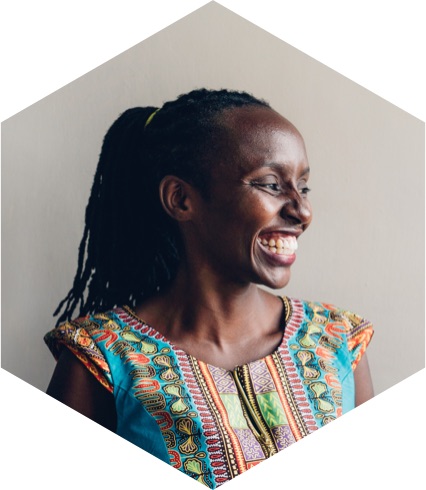
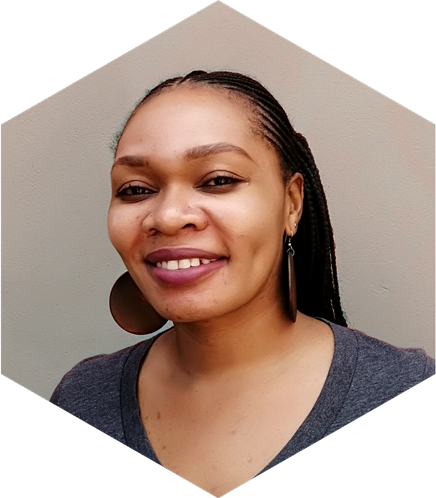
Phoeby Musonda comes to Freely in Hope with Bachelors Degree in Law and over 7 years of experience in providing legal aid, establishing holistic care systems, and managing program operations for organizations that support women. Her past experience includes Women and Law in Southern Africa and International Justice Mission. As the Operations & Develoment Manager at Freely in Hope, she ensures that Freely in Hope’s programs run efficiently and effectively. She oversees the effectiveness of our programs, sources grant funding, and builds partnerships with likeminded organizations to improve services provided to survivors of sexual violence. She is passionate about human rights and dreams of a day when Zambia is free of all forms of violence against girls and women.
Nikole Lim is a speaker, educator, and consultant on leveraging dignity through the restorative art of storytelling. Nikole shifts paradigms on how stories are told by platforming voices of the oppressed—sharing stories of beauty arising out of seemingly broken situations. Her heart beats for young women whose voices are silenced by oppression and desires to see every person realize the transformative power of their own story. As our Founder and International Director, Nikole has been deeply transformed by the powerful, tenacious, and awe-inspiring examples of survivors. Their audacious dreams have informed her philosophy for a survivor-led approach to community transformation.
Nikole graduated with a degree in Film Production from Loyola Marymount University and is currently pursuing a masters in Global Leadership from Fuller Theological Seminary. She is a native of the Bay Area and can often be found buying African fabric on the streets of Nairobi. Her vision is to equip survivors and advocates to lead in ending the cycle of sexual violence—believing that they will be the ones to bring us all into liberation. In it, her hope is that the world may be transformed by them—just as she has.
